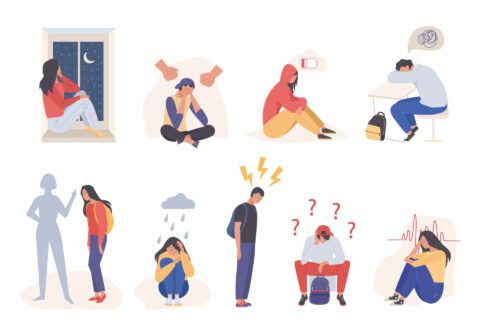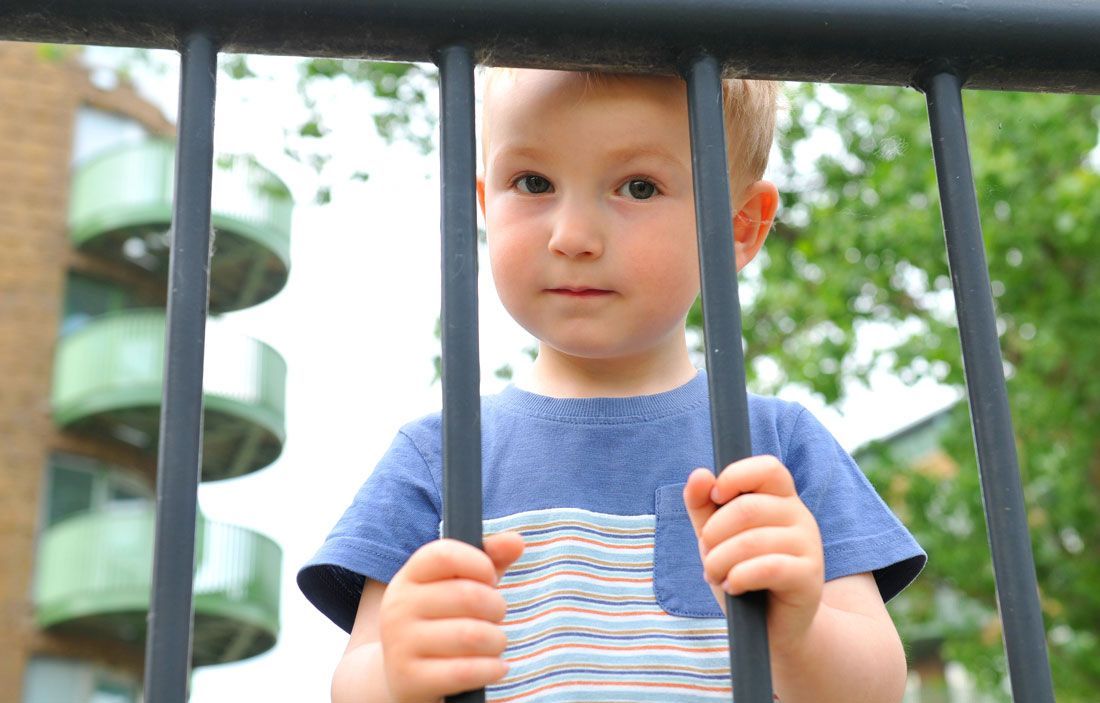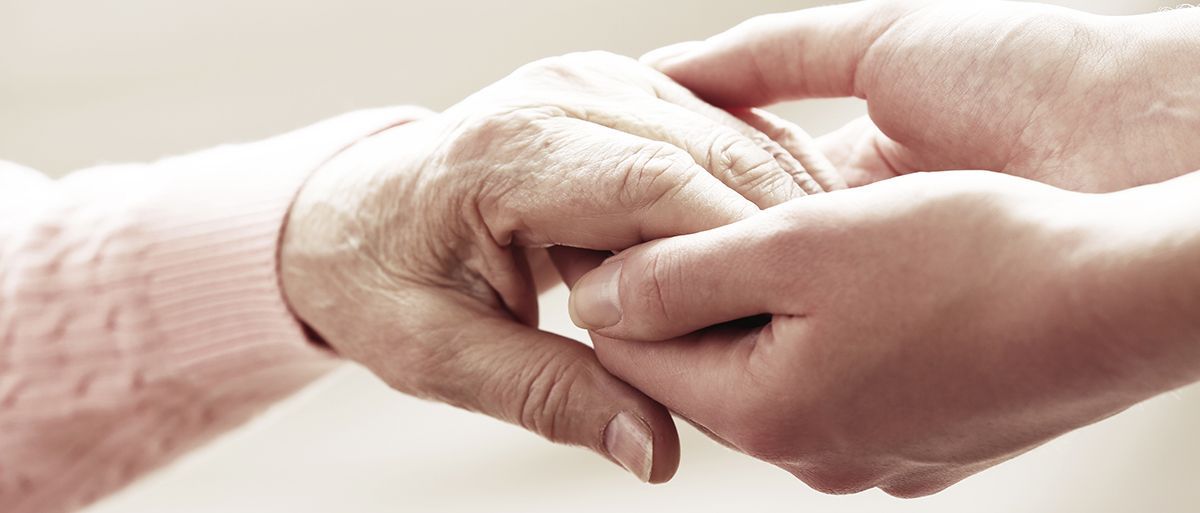Get in Touch
365 Days of Grief Support
Sign up for one year of grief messages designed to offer hope and healing during the difficult first year after a loss
Please wait
Verifying your email address
Please wait
Unsubscribing your email address
You have been unsubscribed
You will no longer receive messages from our email mailing list.
You have been subscribed
Your email address has successfully been added to our mailing list.
Something went wrong
There was an error verifying your email address. Please try again later, or re-subscribe.
Coping With A Terminal Illness
Many of us have seen a loved one struggle with a terminal diagnosis. It isn’t something we like to talk about, but many of us will also get our OWN terminal diagnosis. Having a terminal diagnosis brings its own type of grief and decisions to be made.
How do you grieve your own death before it happens? It’s something we don’t want to think about, but for many of us, it will be something we are forced to think about. After you get the diagnosis and go through the initial medical whirlwind – what’s next? Below are some ideas that might help you manage your grief over your diagnosis.
Learn What to Expect:
Getting a terminal diagnosis is obviously overwhelming. Often medical professionals get so focused on the treatment/hospice plan, that they don’t address quality of life issues.
Some questions to discuss with your team might be:
- Is travel allowed/encouraged – at what point would it be discouraged?
- Would they advise quitting work or reducing hours?
- What type of physical limitations can you expect to see, and in what timeline?
- Is palliative care or hospice care best for your situation – and when will you know to change care?
- What signs might you have that indicate the end is near?
You might also want to look into support groups. Often, your doctor will have support resources for your specific diagnosis. It can help to talk to others who have been through what you are experiencing. Also, talking to a therapist can be beneficial. They can help you work through the complex set of emotions that comes with a terminal diagnosis.
What Will Death Be Like?
Initially, you may not want to know what dying will be like. Sometimes that is too much to process along with the diagnosis. But most find some peace in knowing what to expect as the time draws closer. Ask your medical or hospice team what usually happens in cases like yours. Feel free to ask about pain, cognitive changes/abilities, physical signs, etc. It can feel less scary when the mystery is somewhat removed.
Also, if you are a spiritual person, it may help to talk to a spiritual advisor or seek out books that discuss death and an afterlife.
Many people find it awkward or unnerving to have blunt conversations about death, but these conversations will be helpful for yourself and your loved ones. Chances are, you are all thinking about it anyway, so sharing your thoughts will help you navigate this overwhelming time.
Think about what YOU Want:
You will have many people around you telling you how to spend your time now. Eat this food, go travel, try this magic supplement, etc. It can be overwhelming to think about how you want to spend your time before death.
Some things to consider:
- Make a “bucket list” of sorts. It doesn’t have to be filled with lofty goals, but it can help you decide how you want your priorities to change or stay the same with the time you have remaining.
- Plan some special trips or events with loved ones. You will find your time feels happier and richer when you are surrounded by the relationships that matter most to you.
- If you are still healthy enough to do normal day-to-day things, find a routine that works for you. Include rest, time for spiritual matters, time for your loved ones, and time for self care.
- Communicate with your loved ones how you want to spend your time – what you see changing or what you see remaining the same. Chances are, they want to have these conversations with you, but are unsure if you are mentally up to it.
- And, most importantly, give yourself time to grieve and mourn the life you thought you had ahead of you. There is no right or wrong way to grieve, so let yourself feel the full range of emotions. If you are feeling like you aren’t able to function because of your grief, talk to your doctor or a mental health professional. They will be able to assist you in processing the wide range of emotions that comes with a terminal diagnosis.
The practicalities of death:
Some of us have a good idea of what we believe happens during death, or perhaps the afterlife. Some of us have tried to give as little thought to it as possible. But it is an inevitability for all of us. And for those with a terminal diagnosis, you just have more information about your death than the average person.
And while there is the mystical/spiritual element involved in death, there is also the practical side of what death means there are some things to consider:
- Pre-planning your funeral can be helpful and therapeutic. Pre-planning gives you some time to process how you want to be remembered. It is overwhelming for the family to do after, and they will have comfort knowing the event reflects your wishes. Plus, it can cut down on family disagreements during a stressful and emotional time.
- Create a will and plan how you want your assets and sentimental items distributed. Communicate this with all impacted. This can also reduce disagreements and misunderstandings after your death.
- Take inventory of your financial accounts, bills, insurance accounts, memberships, etc. Consolidate the information in one place, and designate someone to take over power of attorney when needed.
Often the things on this section are ignored or put off. We sometimes have the unconscious idea that if we don’t talk about death (or even make a will), then we can avoid the unpleasantness of all. In reality, it’s just passing the unpleasantness off to your loved ones for after your death. Some people will still choose to deal with it that way, but facing these issues head on will benefit your own mental health as well.
Getting a terminal diagnosis is a total shock to your system and your way of being. Sometimes you will have months or years and sometimes only weeks or days. Allow yourself to grieve but also allow yourself to still live during this time. And remember, we all end up in the same place in the end.
The post Coping With A Terminal Illness appeared first on Memorial Mortuaries.










365 Days of Grief Support
Please wait
Verifying your email address
Please wait
Unsubscribing your email address
You have been unsubscribed
You will no longer receive messages from our email mailing list.
You have been subscribed
Your email address has successfully been added to our mailing list.
Something went wrong
There was an error verifying your email address. Please try again later, or re-subscribe.



